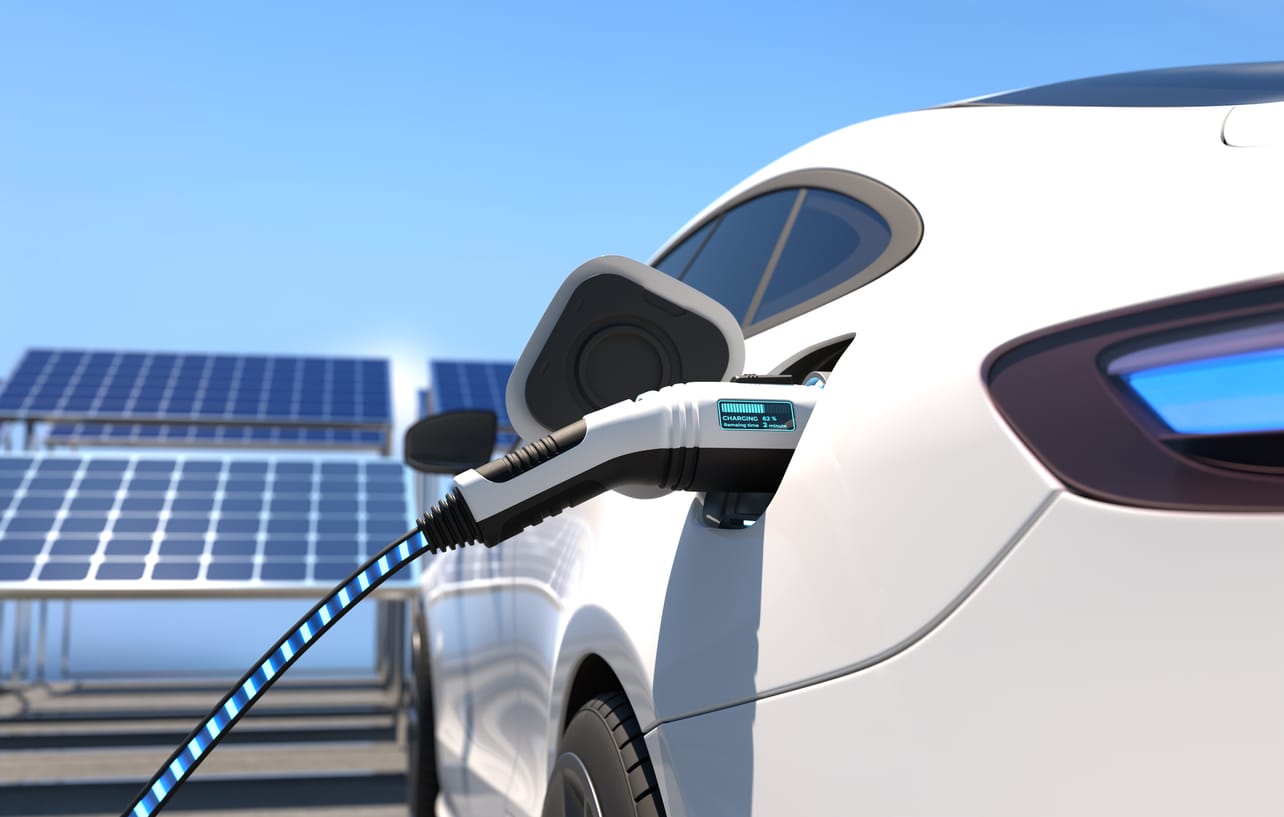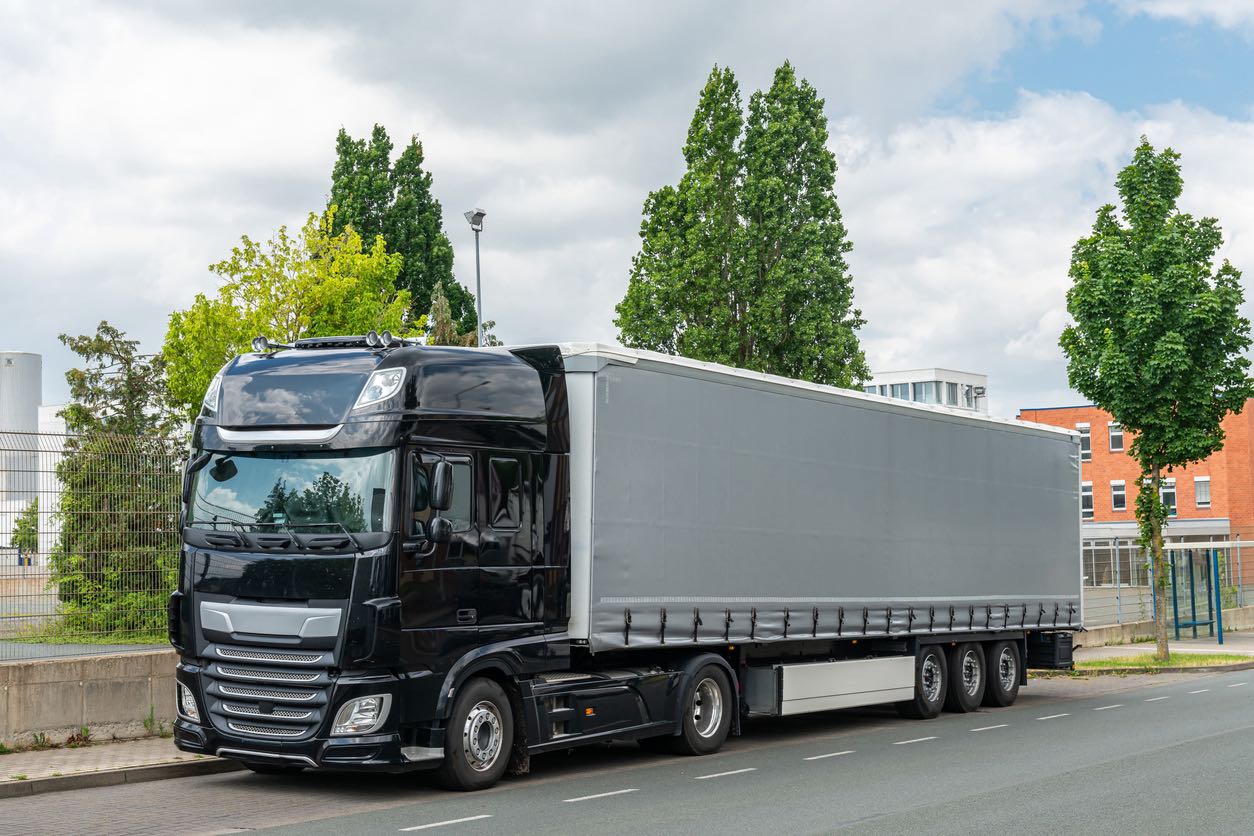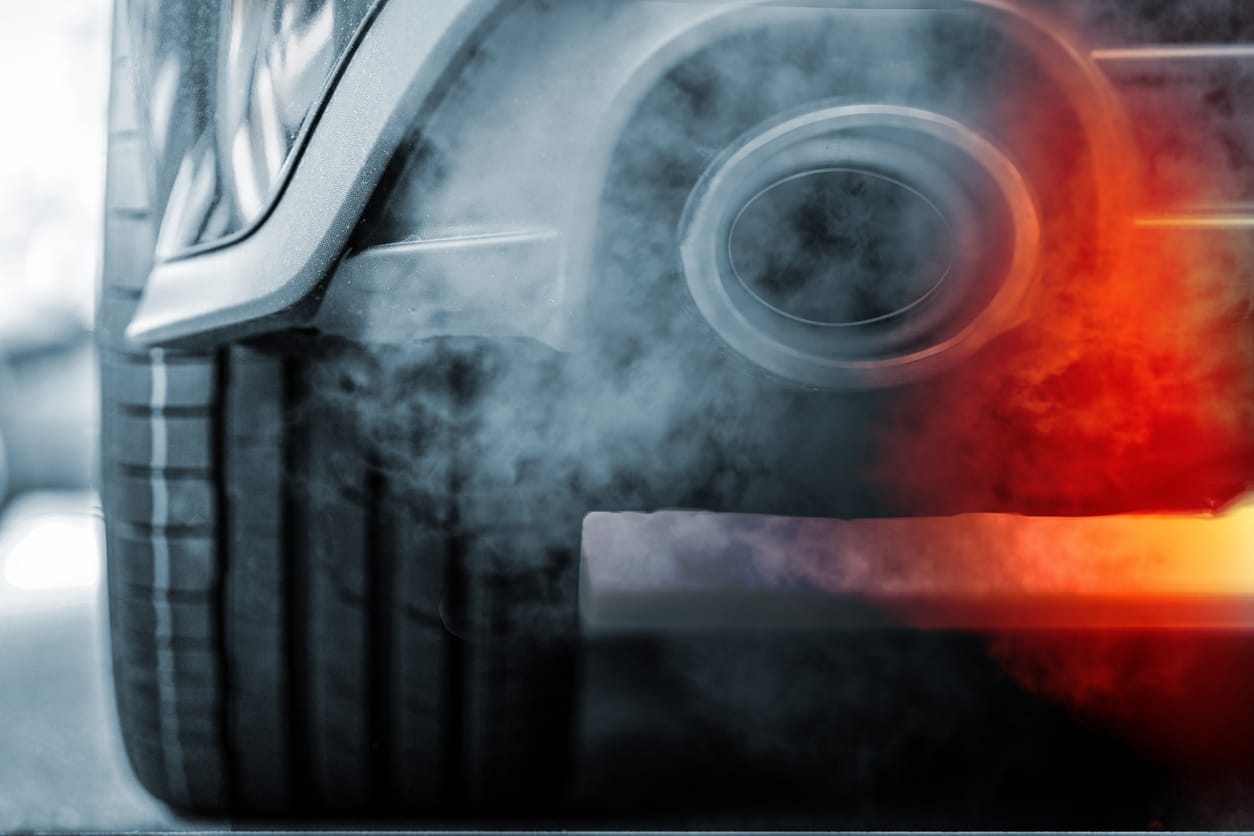When it comes to the continued research and deployment of autonomous vehicles (AVs), this state of Delaware is positioned to be at a crossroads, particularly with regard to those that are classified as medium and heavy-duty. The latest legislative proposal that was made with the intention of regulating such vehicles has caused a substantial controversy among participants in the industry. This article will analyze the text of the amended Delaware bill that calls for safety operators for big autonomous vehicles (AVs), as well as the consequences of the bill, which now includes an obligatory state transportation report requirements.
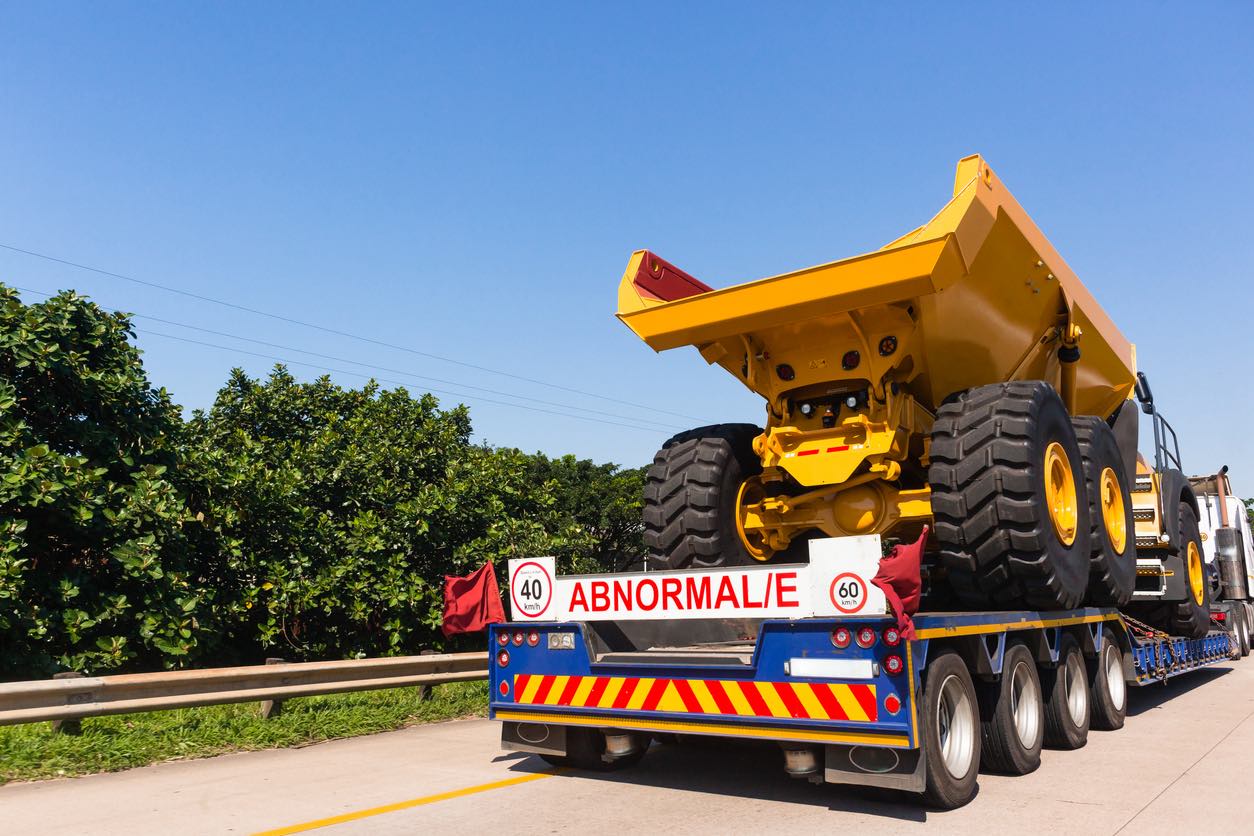
Enhanced safety precautions for self-driving cars exceeding 10,001 pounds have been at the center of Delaware’s recent legislative activities. This effort for legislation is a part of a larger national conversation about the safe integration of AV technology into daily life, not simply a local one. Due of the possible size of deployment and the substantial weight of these vehicles, which present specific dangers on public highways, Delaware has particularly strong concerns.
We shall examine the bill’s details, paying particular attention to a few crucial elements:
- Safety Operator Requirement: According to the measure, a certified safety operator must to be inside the vehicle at all times when it’s being operated. By ensuring prompt human involvement in the event of a technology malfunction, this solution seeks to protect other road users as well as the occupants of the vehicle.
- Comprehensive Transportation Report: The Delaware Department of Transportation is required to gather information and provide lawmakers with a comprehensive report by January 1, 2029. It is anticipated that this study will evaluate the overall effects of autonomous vehicles on the state’s transportation system and offer suggestions for new rules.
The reasons for these regulations will be discussed in detail in this part, with an emphasis on public safety and the legislative intention to uphold strict control as this technology develops. The proactive approach taken by the MPs seeks to strike a balance between safety and innovation by foreseeing the complications that may come from the wider use of autonomous cars.
Additionally, there are a lot of possible effects that these legislative actions can have on the state’s AV sector. Delaware is establishing a precedent by enacting these laws, which may affect how other states handle the problem of AV deployment. With the potential to either support or impede the development of autonomous vehicle technology in the area, the industry is keeping a close eye on these choices. The purpose of this legislative inspection is not only to mitigate the dangers but also to guarantee that the integration of these technologies progresses in a way that is consistent with state infrastructure capacities and public welfare.
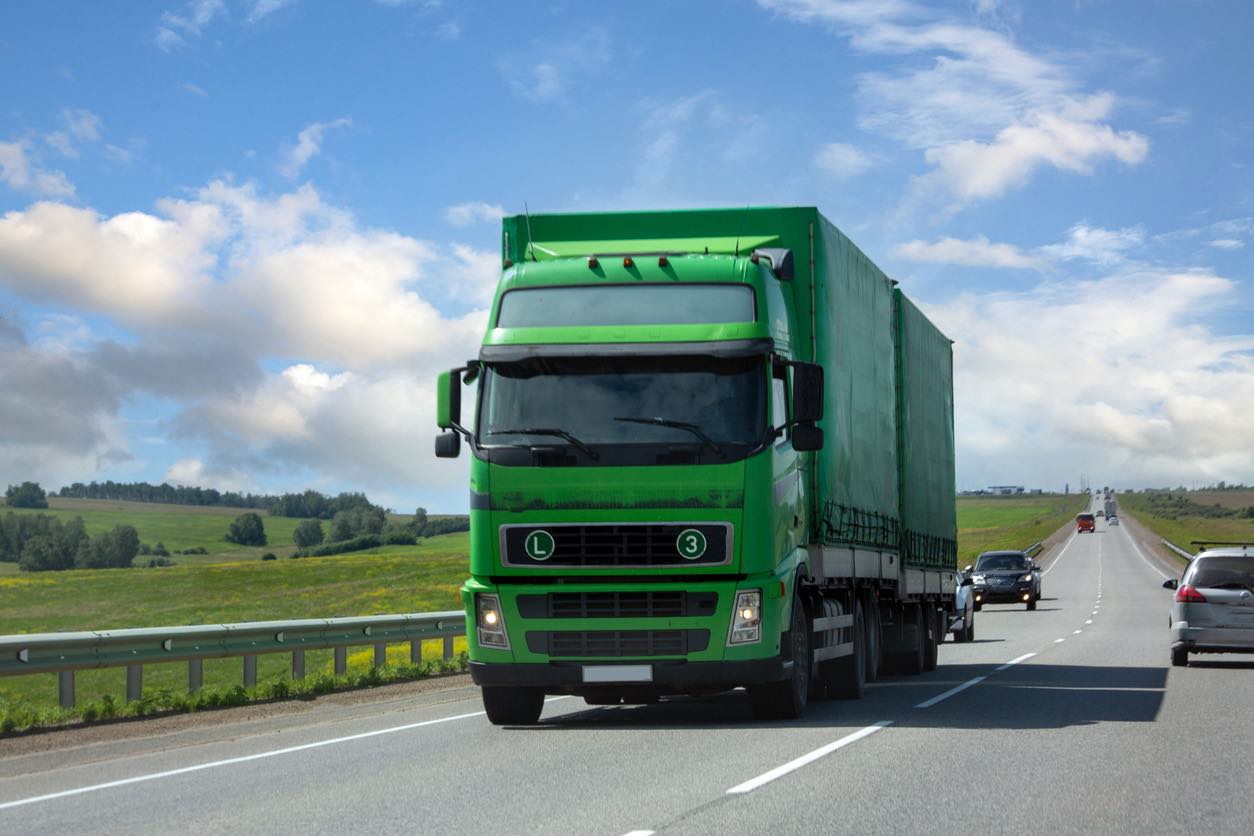
With regard to autonomous vehicles (AVs), Delaware’s legislative strategy offers a distinctive case study in the larger national environment, as state-by-state regulatory positions differ greatly. States in the US have varying degrees of openness when it comes to the use of autonomous cars. At the moment, sixteen states have implicit permits, meaning that although they do not have laws expressly forbidding or banning the use of AVs, their deployment is permitted under general vehicle operating rules. However, 24 states have put in place formal frameworks that actively encourage the deployment of autonomous vehicles (AVs) and specify the circumstances in which they can function.
- Implicit Permissions: The lack of prohibitive regulations provides a reasonably wide field for the development and deployment of AV in jurisdictions with implied permits. As a result, businesses may get through fewer regulatory obstacles and integrate AV into current traffic systems more quickly.
- Explicit Frameworks: States that have developed specified guidelines have acted proactively to make the adoption of AV easier. These regulations offer a regulated environment for public and private entities interested in autonomous vehicle research. They frequently contain explicit recommendations on safety, testing procedures, and interaction with human-driven vehicles.
Delaware’s careful approach, which calls for safety operators and thorough reports to lawmakers, stands in stark contrast to Kentucky’s and other states’ more lax regulations. Kentucky has made the decision to fully accept autonomous operations, following an increasing tendency in governments to encourage technology innovation while weighing the needs of public safety. This distinction draws attention to the various approaches that states are taking to incorporate AV technology into their transportation networks, which will have a varied impact on how autonomous travel is shaped nationally in the future.
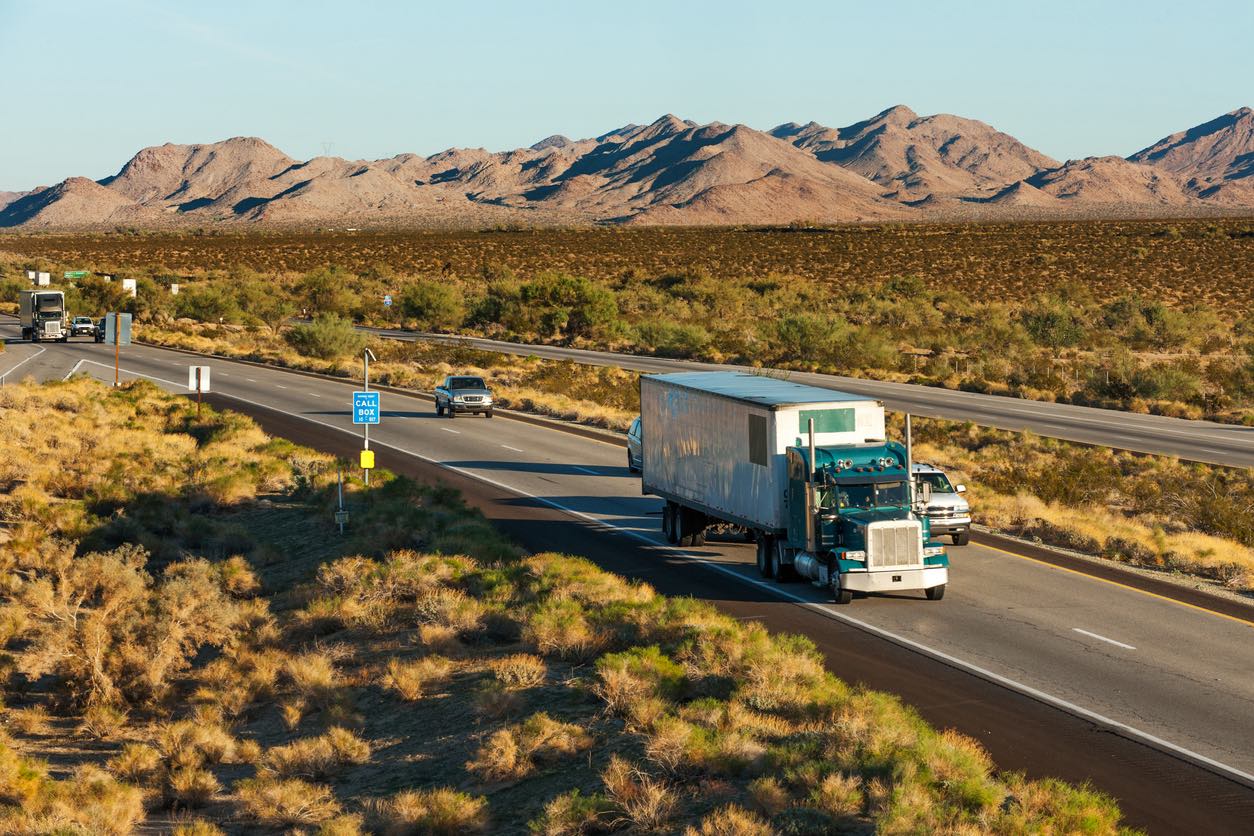
The Autonomous Vehicle Industry Association’s (AVIA) statement emphasizes the industry’s concerns while also drawing attention to a larger discussion in the transportation sector. AVIA has expressed serious concerns that the Delaware measure might create a precedent that hinders innovation and delays the deployment of autonomous vehicles (AV) trucks in the state by requiring safety operators to be on board for big autonomous vehicles. This position reflects a broader concern that excessive regulation may stifle autonomous technology’s revolutionary potential in freight and logistics management.
Upon closer inspection, AVIA’s viewpoint makes numerous important revelations:
- Innovation vs. Safety: Although safety is of the utmost importance, AVIA contends that the bill’s standards may impede technological developments. They contend that in order to promote autonomous transportation systems, it is imperative to strike a balance between promoting innovation and ensuring safety.
- Economic Impact: Concerns over the potential economic effects of these restrictions are also expressed by the association. Restricting AV trucks might make Delaware less competitive in the autonomous logistics market and could cause innovation and investment to go to more lenient jurisdictions.
Beyond simple compliance and regulatory adaption, there are also more significant ramifications for the AV business. In order to scale operations to satisfy the growing need for dependable and efficient freight and supply chain solutions, the industry views autonomous vehicles as essential. Any early limits might impede the enormous potential of AVs to improve operational efficiency, decrease human error, and save expenses.
Furthermore, the discussion around this bill represents a critical turning point for the sector, where cooperation between legislators, business leaders, and the general public might influence how autonomous vehicle deployment plays out in the future. This continuing conversation may be used as a case study for striking a balance between safety and technical advancement, and it will probably have an impact on how other states and nations approach AV law.
The main ideas covered in this conversation are summarized in this conclusion, with special attention to Delaware’s challenge of striking a balance between promoting technical innovation and maintaining public safety. The legislative actions of the state may provide important guidelines for the regulation of autonomous vehicle operations in other parts of the country. Delaware’s rules will have an impact not just on the future condition of the AV sector but also on national policy as they go beyond state boundaries. This difficult balance between safety and innovation will probably serve as a cautionary story or a model for lawmakers throughout the country. In the end, Delaware’s handling of these tricky situations will have a significant impact on the legislative landscape around autonomous cars, making it an important area of focus for all parties involved in the transportation and technology industries.
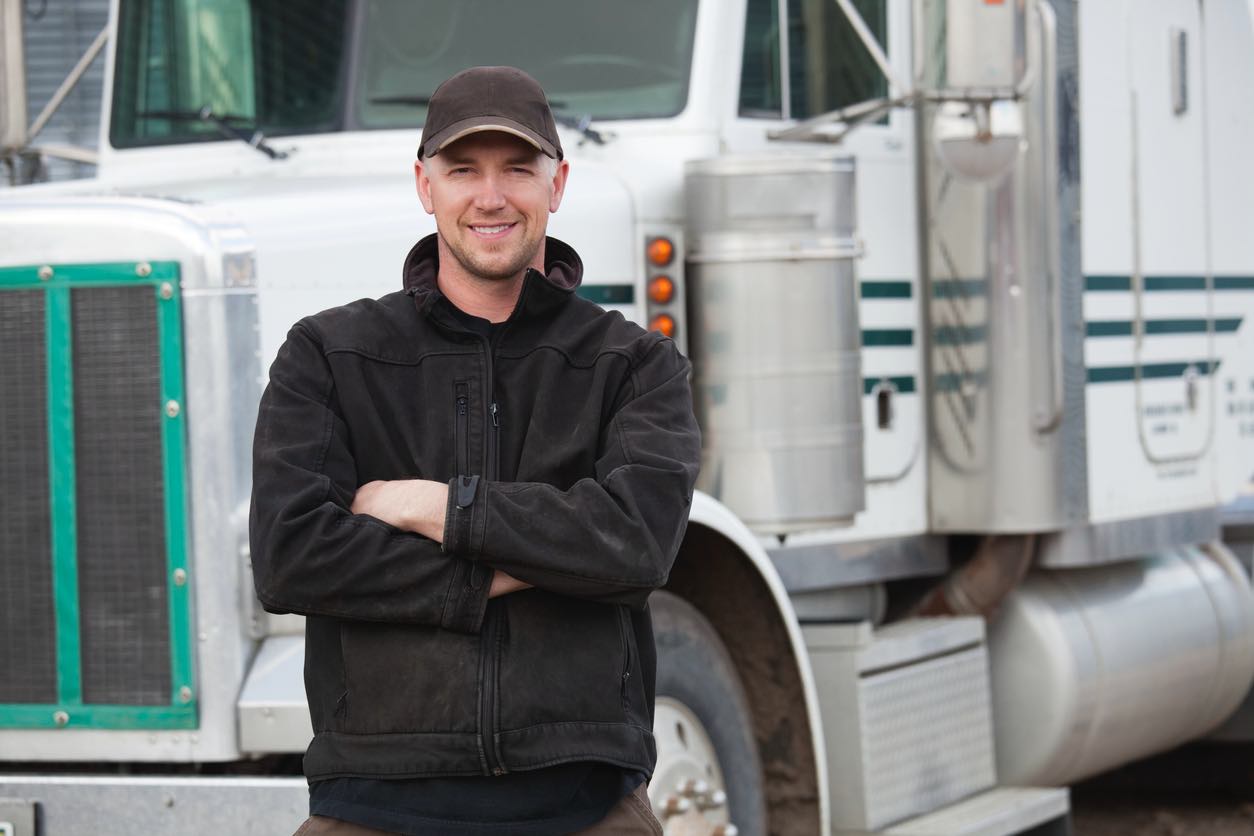
When it comes to the transportation of freight and automobiles throughout the United States, Ship A Car, Inc. stands out as a leading option. Their expert transport coordinators are ready to provide you with the most competitive shipping pricing imaginable, as evidenced by the fact that they have received five-star evaluations and an A+ rating from the Better Business Bureau. They ensure that they provide excellent service across the country, regardless of whether it is a little vehicle or a huge cargo.
Q: What does the Delaware bill mean for the future of AVs in the state?
A: This bill would require a safety operator to be present on board big autonomous vehicles, which might possibly hold down the deployment of autonomous vehicles in Delaware but would ultimately aim to improve safety precautions.
Q: How does Delaware’s stance on AVs compare with other states?
A: The method that Delaware takes is more conservative, and it requires more stringent safety measures. This is in contrast to other states, like as Kentucky, which only recently went ahead and allowed autonomous operations.
Q: How can Ship A Car, Inc. assist with vehicle shipping under new AV regulations?
A: All sorts of vehicle shipping may be handled by Ship A Car, Inc. and its network of vetted and insured carriers. Ship A Car, Inc. is able to provide dependable transportation services across the United States while also assuring compliance with the rules that are now current.

